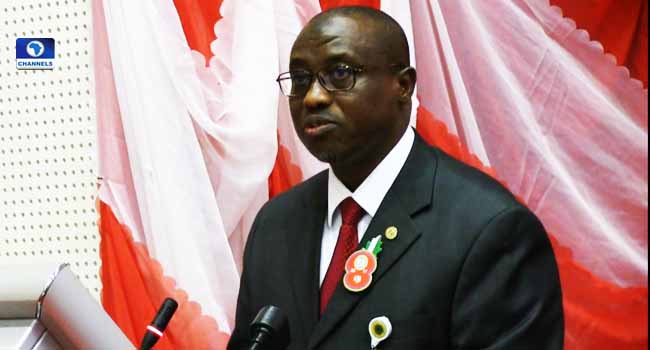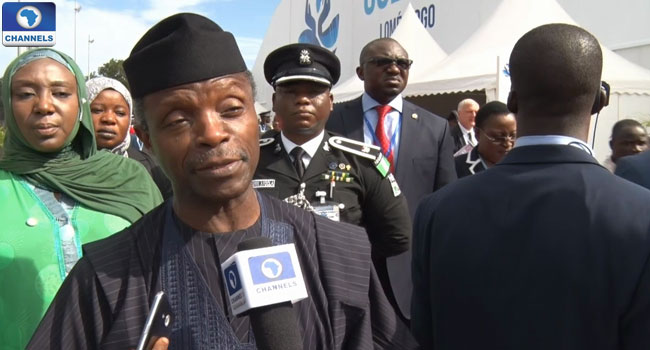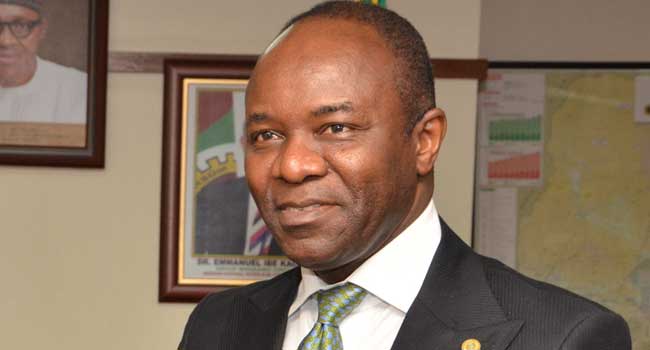
This is ahead of the proposed strike by the Nigeria Labour Congress (NLC) scheduled for Wednesday, barring any last minute back down by the federal government on the new pump price.
While some are in support of the move by the Federal Government, some are totally against it and are ready to join the proposed industrial action by the NLC.
This is certainly one burning issue that has pitched Nigeria across divides.
South East
Members of the Imo State chapter of National Association of Nigeria Students (NANS) have taken to the streets in a peaceful manner to register their displeasure over the new price regime for petrol.
They argued that on the heels of campaign promises by the ruling party, current pump price is at contrast to what voters were told.
However, in Anambra State, some petroleum marketers say the idea behind subsidy payments by the federal government has since been defeated.
They argued that 40% of subsidised petrol end up in neighbouring countries where it is sold at a premium.
They also disagree with Labour over its planned strike.
Adverse Effects
Meanwhile, residents in Calabar, the Cross River State capital say they are set to join in the strike.
The grouse is that since the price adjustment upward, every aspect of their economy has been adversely affected. They consider NLC’s as the voice of the voiceless.
In the south west region, petrol is still sold above the recommended 145 per litre in Ogun State. Outrage has also trailed the corresponding hike in price of other commodity following the rise in cost of petrol per litre.
Kaduna resident are also divided on the issue. However, the queues are reducing and the people seem to be adjusting to the realities of the downstream oil sector.
Most people have expressed hope that the NLC and government would find a common ground of compromise that would benefit the masses.




